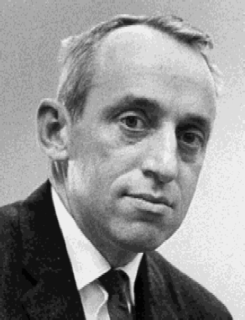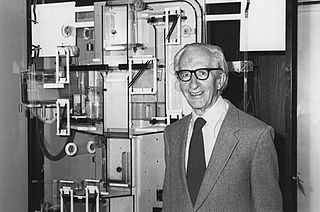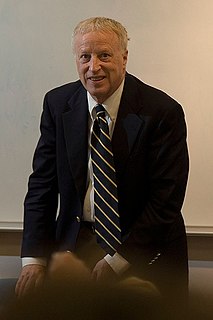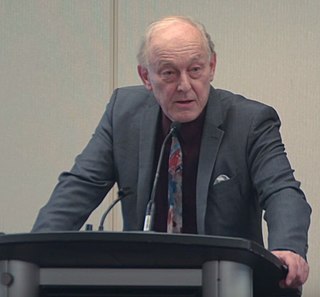A Quote by James Tobin
At the time, my personal research objectives were to provide Keynesian economics with more rigorous foundations and to tighten and elaborate the logic of macroeconomic and monetary theory.
Related Quotes
It must be conceded that a theory has an important advantage if its basic concepts and fundamental hypotheses are 'close to experience,' and greater confidence in such a theory is certainly justified. There is less danger of going completely astray, particularly since it takes so much less time and effort to disprove such theories by experience. Yet more and more, as the depth of our knowledge increases, we must give up this advantage in our quest for logical simplicity in the foundations of physical theory.
The foundations of population genetics were laid chiefly by mathematical deduction from basic premises contained in the works of Mendel and Morgan and their followers. Haldane, Wright, and Fisher are the pioneers of population genetics whose main research equipment was paper and ink rather than microscopes, experimental fields, Drosophila bottles, or mouse cages. Theirs is theoretical biology at its best, and it has provided a guiding light for rigorous quantitative experimentation and observation.
I have been doing technology foresight for a number of years now on the level of scenario design, primarily. I want to become more rigorous with research methodology and statistical methods. I want to shift from creating clever SF scenarios to being a professional forecaster able to make rigorous predictions.
Catastrophe Theory is-quite likely-the first coherent attempt (since Aristotelian logic) to give a theory on analogy. When narrow-minded scientists object to Catastrophe Theory that it gives no more than analogies, or metaphors, they do not realise that they are stating the proper aim of Catastrophe Theory, which is to classify all possible types of analogous situations.





































